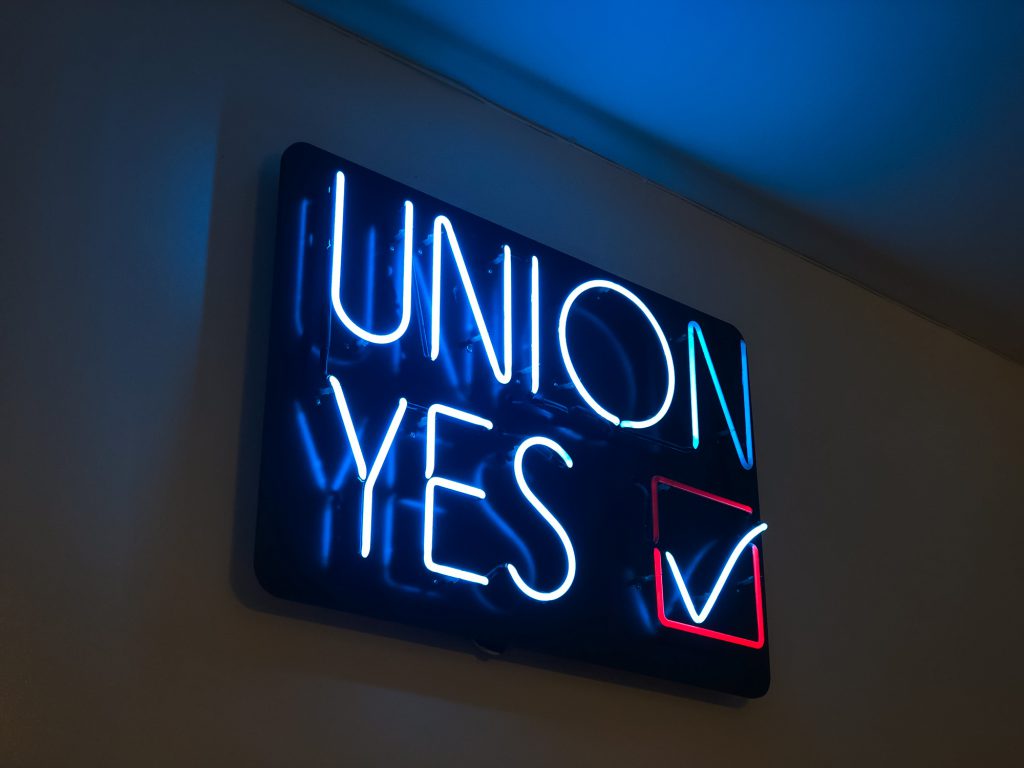Time to embrace mandatory union membership for low-income workers

For years, the proposal for mandatory union membership, initially put forward by UHM Voice of the Workers, has lingered on the fringes of Malta’s political discourse. This proposal, aimed at curbing exploitation and abuse in the workplace, has seen a resurgence in support, most recently from Moviment Graffitti. While government and opposition seem hesitant, fearing backlash from employers, the pressing reality is that the absence of strong measures to combat precarious employment has allowed exploitation to spiral out of control.
Reports of third-country nationals toiling for meagre wages, sometimes forced to work excessive hours, have become all too common. These workers, often subjected to unjust deductions disguised as tax payments, live in overcrowded and unsanitary conditions, far removed from the basic dignity they deserve. The exploitation of these vulnerable workers has become a glaring issue, one that demands immediate and robust action.
Mandatory union membership, targeting the most vulnerable members of the workforce, is not only a logical solution but a necessary one. Detractors paint this proposal as draconian and undemocratic, suggesting that it would impose union membership on all workers, regardless of their job or income. This is a misrepresentation. The proposal is specifically designed to protect low-income workers, who would retain the freedom to choose their union or even form a house union.
Critics may argue that the proposal is paternalistic, but there are precedents where the government has not hesitated to take a paternalistic stance. Mandatory car insurance, for instance, is accepted as a necessary regulation to protect individuals and society. Similarly, the introduction of female quotas in general elections, though contentious, was implemented to address systemic gender inequality. If we accept these measures as necessary for the greater good, why should we shy away from mandating union membership to protect those who are most at risk of exploitation?
The current situation demands action. The government must stop relegating this proposal to the backburner and instead explore viable avenues for its implementation. While there may be concerns about employers bypassing the system by creating phantom unions, these can be addressed through auxiliary measures, as suggested by Moviment Graffitti. A framework that includes stringent oversight and penalties for non-compliance can ensure that the spirit of the law is upheld and that workers receive the protection they deserve.
The time is ripe for a bold move. The exploitation of vulnerable workers is a stain on our society, one that cannot be ignored any longer. Mandatory union membership, far from being an overreach, is a step towards fairness and justice in the workplace. It is high time that we start taking this proposal seriously and work towards its realization. The well-being of the most vulnerable members of our workforce depends on it.
